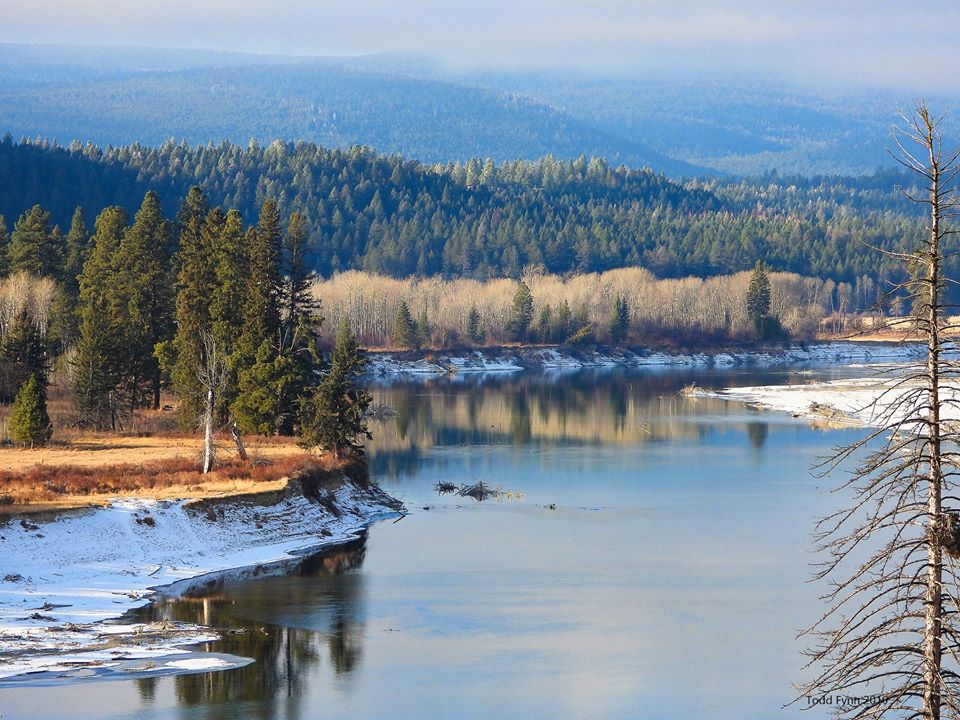Outrage and disappointment are the feelings expressed by Ktunaxa Nation governments after a decision by Global Affairs Canada regarding watershed pollution.
Officials with the Ktunaxa Nation Council said Global Affairs Canada rejected a request to refer the issue of the Kootenay River’s transboundary watershed pollution to the International Joint Commission (IJC).
Local governments from a number of Ktunaxa communities have been involved, including Yaq̓ it ʔa·knuqⱡiʾit (Tobacco Plains Band), ʔakisq̓ nuk (Columbia Valley), Yaqan Nuʔkiy (Lower Kootenay Band) and ʔaq̓’am (St. Mary’s).
The Ktunaxa sent a letter to Minister of Foreign Affairs Melanie Joly and Minister of Environment and Climate Change Steven Guilbeault on May 6.
This letter outlined what Ktunaxa officials said was the failure of Global Affairs Canada to meaningfully engage and implement United Nations Declaration on the Rights of Indigenous Peoples (UNDRIP) through the development of a referral to the IJC on this issue.
“Decades of mining operations and impacts in the Kootenay River watershed have led to pollution in the transboundary river – a violation of Article IV of the 1909 Boundary Waters Treaty,” said Ktunaxa Nation officials.
They note that the treaty was established to directly deal with the issue of managing cross-border waters between Canada and the US.
Disputes regarding pollution can be referred to the IJC under article IV.
“As stated in the letter, the expertise and institutional independence of the IJC make it well suited to helping Canada, the US, B.C. and the transboundary Ktunaxa better understand solutions for managing and reducing pollution throughout the watershed. It is the view of the Ktunaxa governments that the IJC reference is of great value,” said Ktunaxa officials.
The Ktunaxa Nation expressed its disappointment in the decision and called on the Canadian government to reverse it.
“Ktunaxa ʔaqⱡsmaknik (Ktunaxa people) have a duty to care for the land and those who reside within it, including those downstream on the Kootenay River across the 49th parallel,” said Ktunaxa officials.
“The decision made by Global Affairs does not reflect meaningful consultation or discussion with Ktunaxa and flies in the face of Canada’s commitment to reconciliation and its commitment to fully implement UNDRIP.”




